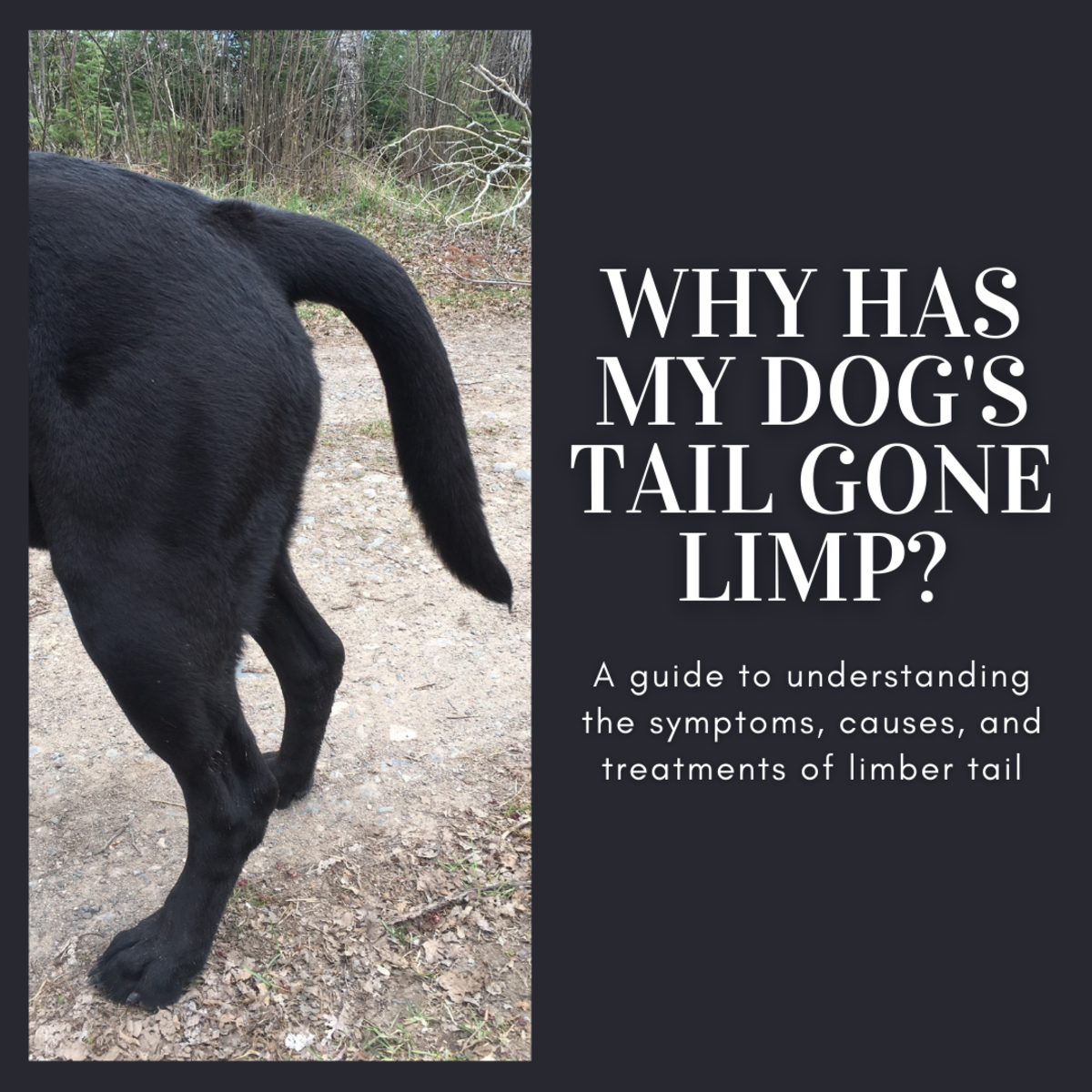What happens to your dogs if you die?
Dogs are members of the family - except in the eyes of the law
Most people who share their homes with dogs consider them beloved members of the family - we know dogs think, have emotions, and we love them dearly.
Under our legal system in the U.S., pets are property. There are both pros and cons to considering animals property - as "owners" we are able to make all decisions for our pets' welfare without question. But it also means that, in a court of law, animals have no standing and no "rights."
I'm not an attorney, but I did pay careful attention when our dog training club recently heard a talk by Attorney Peter Canalia, who has a specialty in pet trusts, both "living" and not.
Even "dog people" had a lot to learn

You can't leave money to your pet
Because pets are considered property under the law, you can't leave money to them. And, if you make no other provisions for their care, the executor of your estate is free to dispose of your property.
The sad truth is that a significant proportion of dogs who wind up in shelters are there because their owners either died or were unable to care for them, and the owners didn't have the foresight to set up legal protection and care.
Your executor may be a wonderful person who loves you dearly. It doesn't mean that he/she wants to assume responsibility for your pets after you're gone. By setting up a Pet Trust, you can be sure that your dogs will be able to live out their lives protected and cared for.
Pet Trusts make sure your wishes are respected
Setting up a Pet Trust is the strongest protection for the care of your pets. It can be enforced and activated even if you're still alive, but for whatever reason, unable to care for your pets.
According to my understanding, you will need an attorney to set up a legal Pet Trust and you must fund it (with however much money you want) when it's set up. You also need to name a Trustee to be in charge of the trust and distribute the funds, and a caretaker for your pets.
Both of these people should be individuals you trust and you should ask their permission before naming them in the legal document.
Be sure your pets are protected
Have you thought about what will happen to your pets after you're gone?
Other levels of care for your pets
According to LegalZoom.com - another option would be to set up a Pet Protection agreement, which can be done inexpensively and without an attorney. The major difference between a Pet Trust and a Pet Protection agreement seems to be that it does not need to be funded when it's established.
In the case of either a Pet Trust or Pet Protection agreement, you can give your pets' named guardian detailed instructions for their care and your specific wishes for the animals' maintenance throughout their lives. It provides a level of comfort and security - for you and your pets.
No one wants your pets! Now what?
If there is no one who is willing, or able to care for your pets when you cannot, there are options available.
Many veterinary schools have programs that allow your pet to live out its life, with complete veterinary care, in a home environment if you leave a bequest to the school. These well-established programs have specific language you can use in your instructions or will.
Another option would be leaving your dog, and money for its care, to a private sanctuary. There are many all across the country - be sure to check out what options may be available in your area and investigate thoroughly before leaving them either money or your beloved pet. You can search for "lifetime care for pets" to start your research.
Vet Schools with lifetime care programs for pets
School
| Website
|
|---|---|
University of California/Davis
| www.vetmed.ucdavis.edu/ccah
|
Purdue University
| www.vet.purdue.edu/giving/giving/peaceofmind.html
|
Kansas State University
| www.vet.k-state.edu/depts/development/perpet/index.htm
|
University of Minnesota
| www.cvm.umn.edu/devalumni/perpetualcare/
|
Oklahoma State University
| http://www.cvm.okstate.edu/
|
Information provided by: 2ndChance4Pets: http://www.2ndchance4pets.org/resources.html#link4
They depend on us

Keep good records
A Pet Trust or Pet Protection agreement can be set up to care for both your current and future pets, depending on how it's worded.
In any case, along with your legal document, keep complete and current records for the pets you have. Include photographs, microchip registrations, complete descriptions, and medical records for each of your pets. If you have everything in one place, it's easier for you to keep track of and simpler for your Trustee to find, should the need arise.
It's not easy or fun to think about your own mortality. But you'll do yourself, and the people who care about you, a favor if you leave clear instructions to follow when you're gone.
© 2014 HopeS








